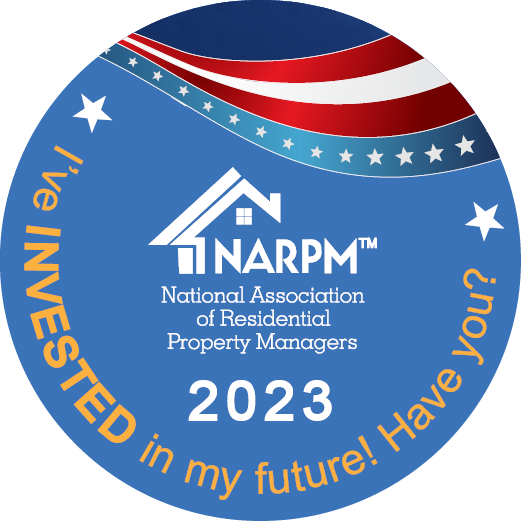Evictions in Charlotte often pose challenges, and plenty of misinformation exists. This guide stands apart.
We'll show you the steps and legal tips that have aided many landlords. You'll learn to manage evictions with confidence and precision should it come to that.
Legal Grounds for Eviction in Charlotte
Eviction is often the last straw. Communication is crucial here, but if that fails, take appropriate action. Below are the most common reasons for eviction.
Non-payment of Rent
This ground for eviction is straightforward. When rent is overdue, landlords in Charlotte can issue an eviction notice immediately. It's vital to document the missed payments as evidence.
Lease Violations
These violations include unauthorized residency and illegal activities. When giving a notice for breaking the lease rules, landlords need to be clear about what rule is the problem. They should also allow the tenant about 10 days to fix the problem.
Property Damage
Eviction due to property damage is valid when the damage exceeds normal wear and tear. Landlords should document the damage with photographs and repair estimates. This documentation is crucial for a strong case if the eviction process leads to court.
The Process of Issuing a Written Notice
At this point, communication is out the window. Take note of the information below to ensure you're following the correct steps.
Timing and Delivery
For missing payments on rent, you can send the notice the day following the due date. Delivery should be either in person or through certified mail. Certified mail allows a clean, official paper trail that you gave the notice.
Content Requirements
The notice must state the eviction reason, like unpaid rent, a lease violation, or property damage. It also needs to tell the tenant what they must do and give a deadline to meet these conditions to avoid eviction.
Navigating the Court Process
Of course, issuing a written notice doesn't always go as planned. The tenant may resist, and you'll have to go to court. Below is the process you'll have to follow.
Filing the Lawsuit
Starting a Summary Ejectment means you have to file specific legal papers at the local courthouse and pay a filing fee. It's critical to have all relevant documentation organized and ready.
Court Hearing
The hearing usually occurs within a few weeks of filing. At the hearing, both sides can present their cases. The landlord must show clear evidence for the eviction.
Judgment and Possession
If the court rules in the landlord's favor, it issues a Writ of Possession. This document requires the tenant to leave the property within a few days.
Tackle Your Evictions the Right Way
Evictions are a pain to deal with. You don't need to obsess over it, but being unprepared might cause financial losses.
At Carolina Property Management, we treat your property like our own. With our deep roots in Charlotte and a hands-on approach, we provide the care your investment deserves.
Ready to take the next step in simplifying your real estate needs? If so, contact us, and we'll be happy to help!















